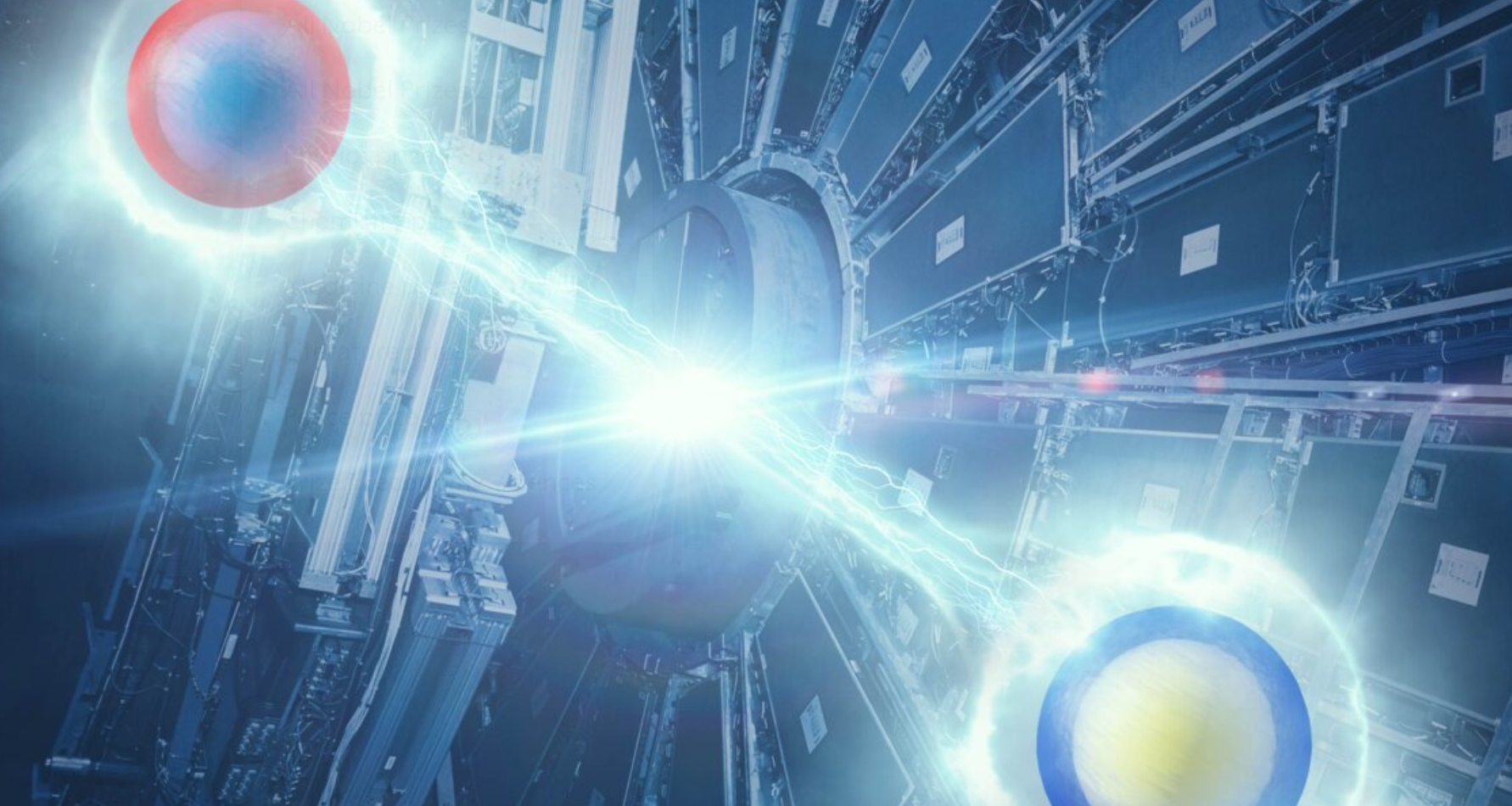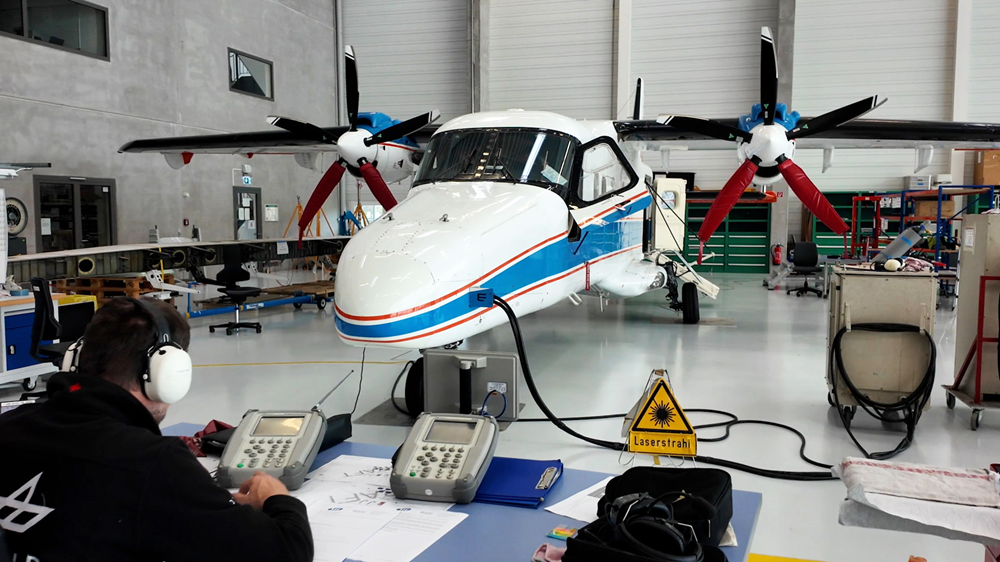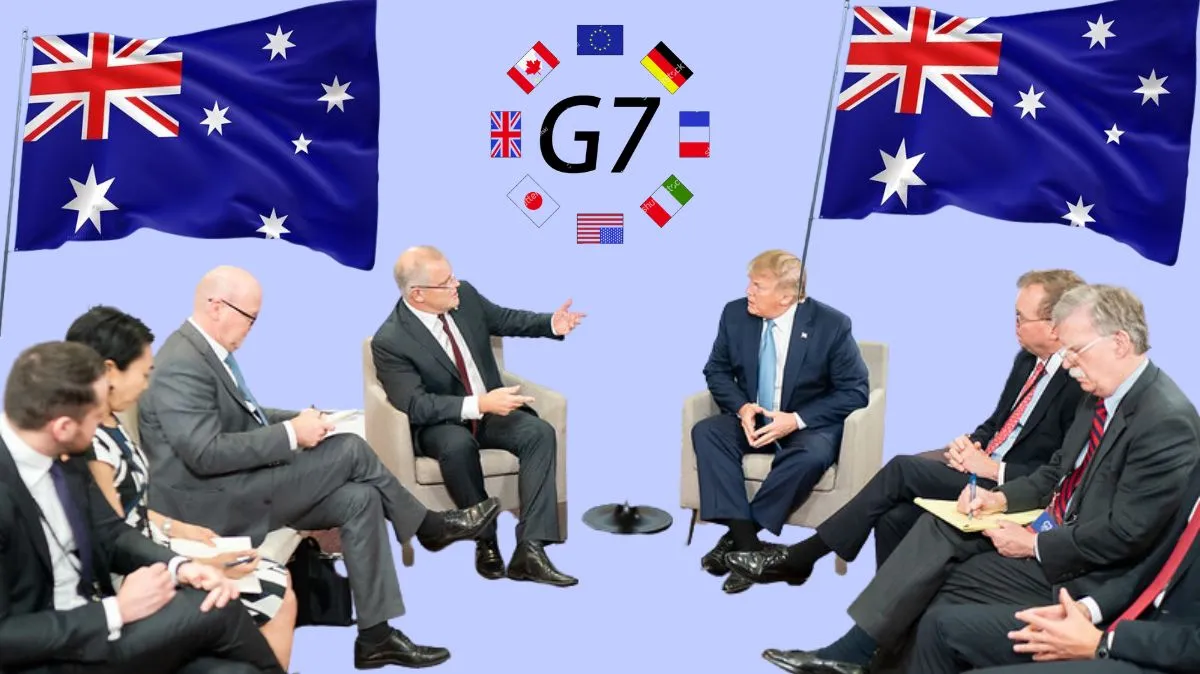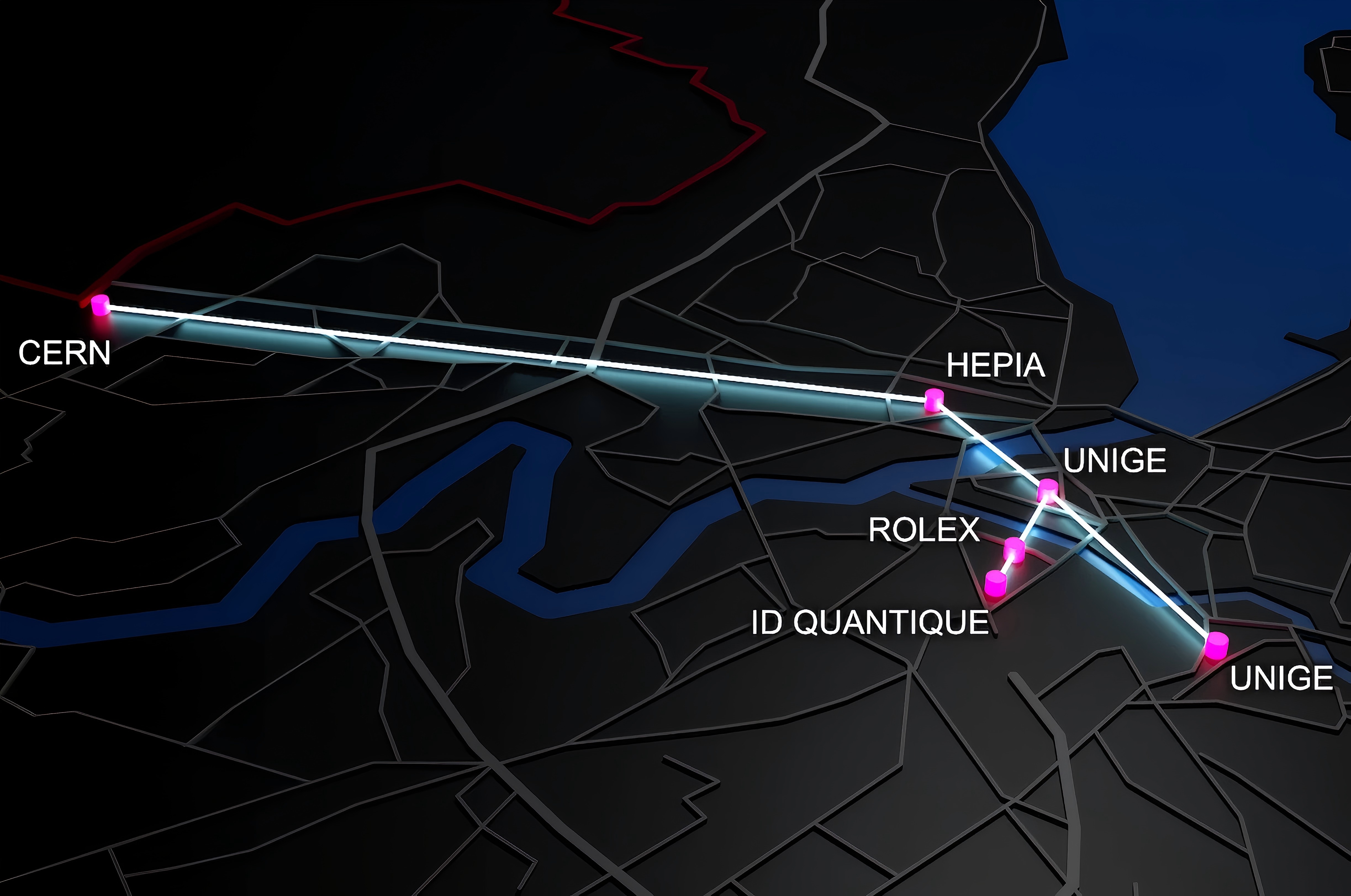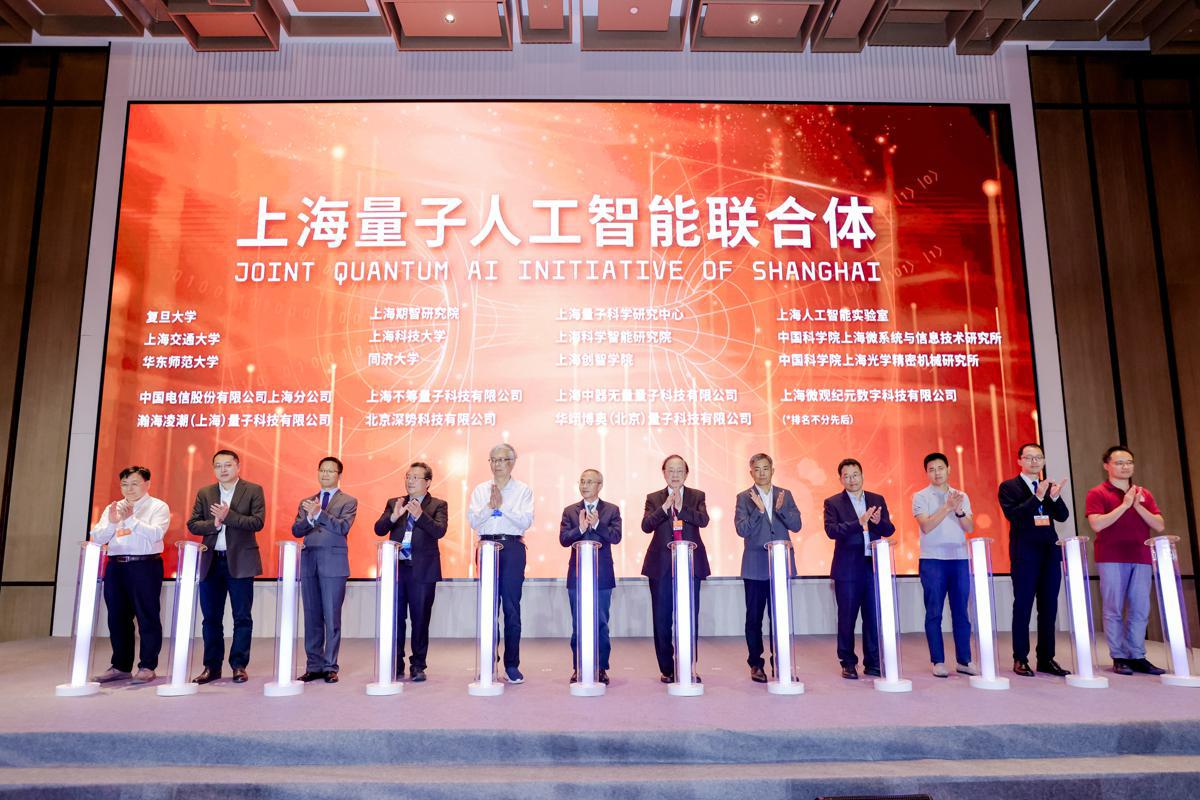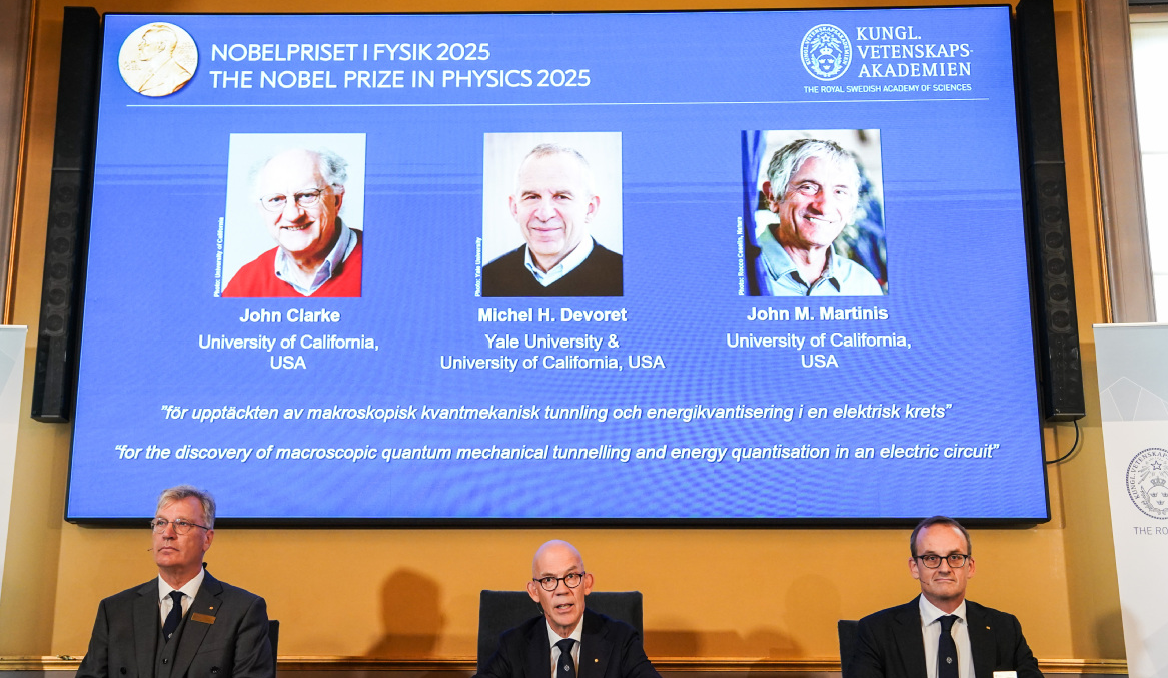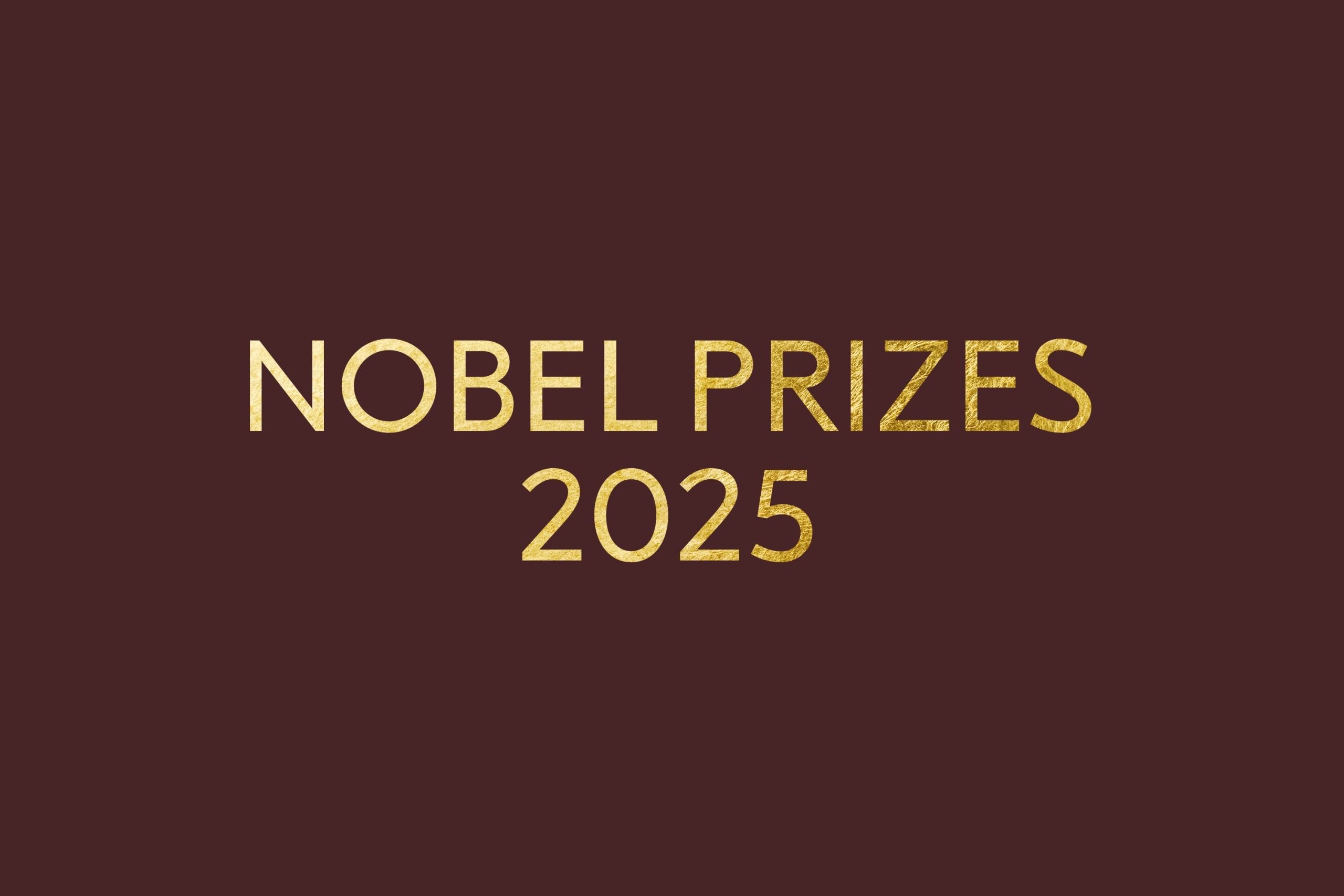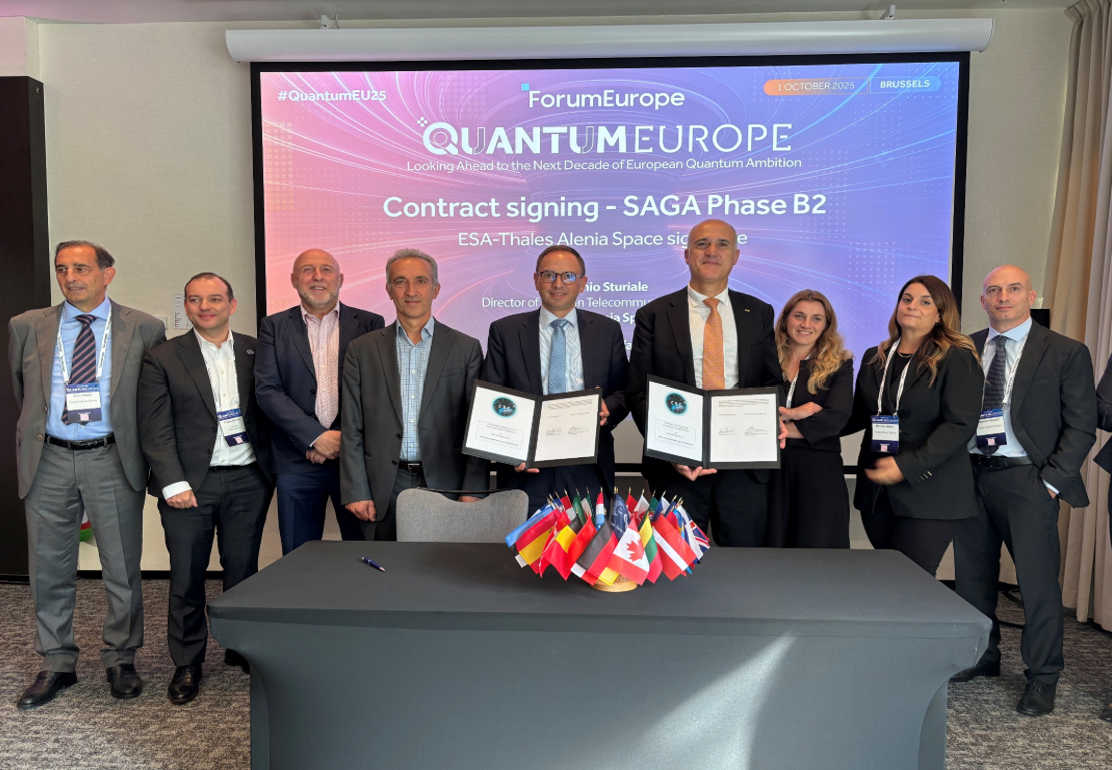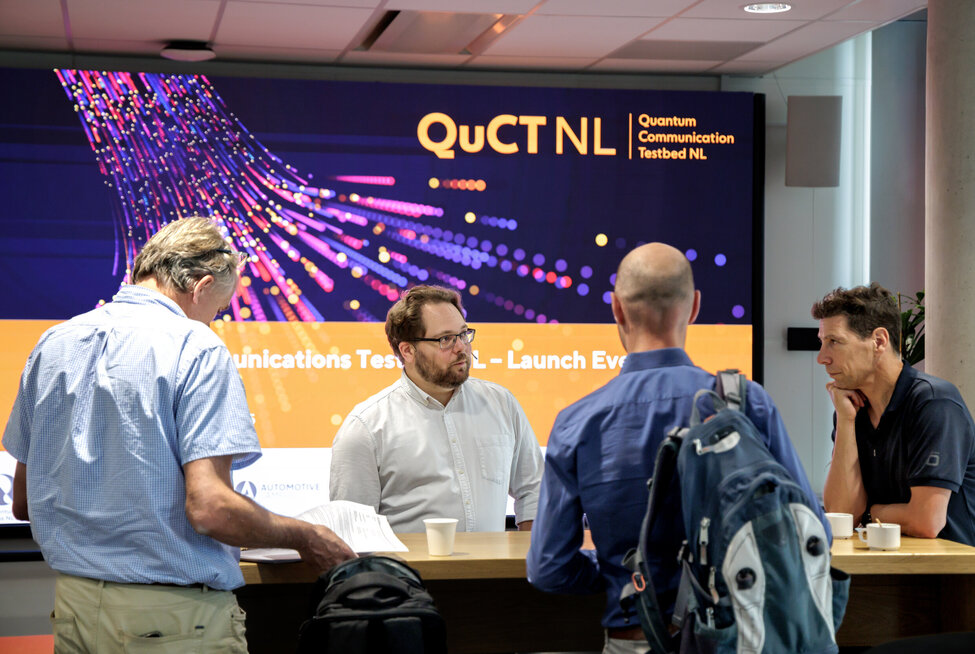High hopes for quantum technologies
Although still in its early stages, quantum computing is advancing rapidly, along with quantum technologies as a whole. Nobel Prize-awarded work on entangled quantum states and quantum mechanical tunnelling were driving forces behind this progress. Applications of quantum technologies are anticipated to improve our daily lives and contribute to solving global challenges.
Read More
QuNET project reaches another milestone with key experiment——Foundation for the future quantum network: quantum channels tested in flight
The latest key experiment of the QuNET initiative was successfully completed today with a flight experiment between Oberpfaffenhofen and Erlangen. The aircraft formed a mobile node in a quantum network and established a connection to a ground station. There, the photons were successfully received and measured. The technologies from the demonstrated key experiment are groundbreaking for future secure quantum communication.
Read More
NMI-Q Initiative Unites G7 & Australia for Quantum Standards
Australia and the G7 countries have recently signed a significant agreement to establish important standards and benchmarks for the rapidly developing field of quantum technologies. Known as an “unprecedented agreement,” this endeavor aims to coordinate efforts in quantum technology benchmarks.
Read More
Quantum technology: 32% of the world’s companies, but only 6% of patents are from the EU
The fragmentation of EU programmes needs to be reduced to help companies scale up. The JRC policy report “Future Directions for Quantum Technology in Europe” provides background data that informed the EU Quantum Strategy unveiled recently.
Read More
Launch of Geneva’s first quantum network
A consortium of university, industry and public actors equips Geneva with its first quantum communication network.On the occasion of the Swiss Quantum Industry Day, a consortium comprising the University of Geneva (UNIGE), CERN, HEPIA, ID Quantique, Rolex and the Cantonal Office for Information Systems and Digital Technology (OCSIN) announced the launch of a Geneva-based quantum network, the Geneva Quantum Network (GQN). Inaugurated in the presence of State Councillor Delphine Bachmann, this new infrastructure will enable large-scale quantum physics experiments to be conducted, promote collaboration in quantum technologies and highlight their potential through education and awareness-raising. It will strengthen Geneva’s expertise in this field, which is already internationally recognised.
Read More
Shanghai hosts innovation forum on quantum AI
Focusing on AI quantum and quantum intelligence, a forum drew experts from home and abroad to discuss pressing scientific challenges and emerging opportunities in the field of quantum artificial intelligence, as well as to explore future industrial applications in Shanghai's Zhangjiang Science City on Sunday.
Read More
3 scientists win Nobel Prize in Physics for discovery of macroscopic quantum phenomena
The 2025 Nobel Prize in Physics is announced in Stockholm, Sweden, Oct 7, 2025. Three US-based scientists, John Clarke, Michel H. Devoret and John M. Martinis, have been awarded the 2025 Nobel Prize in Physics for their discovery of macroscopic quantum mechanical tunnelling and energy quantisation in an electric circuit, the Royal Swedish Academy of Sciences announced on Tuesday.
Read More
Nobel Prize in Physics 2025
The Royal Swedish Academy of Sciences has decided to award the Nobel Prize in Physics 2025 to John Clarke, Michel H. Devoret, John M. Martinis “for the discovery of macroscopic quantum mechanical tunnelling and energy quantisation in an electric circuit”.
Read More
ESA signs contract on SAGA mission for sovereign quantum key distribution capability in Europe
The European Space Agency’s (ESA) Security And cryptoGrAphic (SAGA) mission has entered the system definition and preliminary design phase (Phase B2), marking the beginning of the development of the first quantum key sharing mission designed for European governments. A world leading aerospace consortium led by Thales Alenia Space has won a €50 million contract to design the mission.
Read More
TU/e launches Quantum Communication Testbed (QuCT NL) to secure the future of digital infrastructure
Eindhoven University of Technology (TU/e) is proud to announce the launch of Quantum Communication Testbed (QuCT NL) a state‑of‑the‑art facility designed to accelerate research, innovation, and deployment of quantum-safe communication technologies.
Read More
